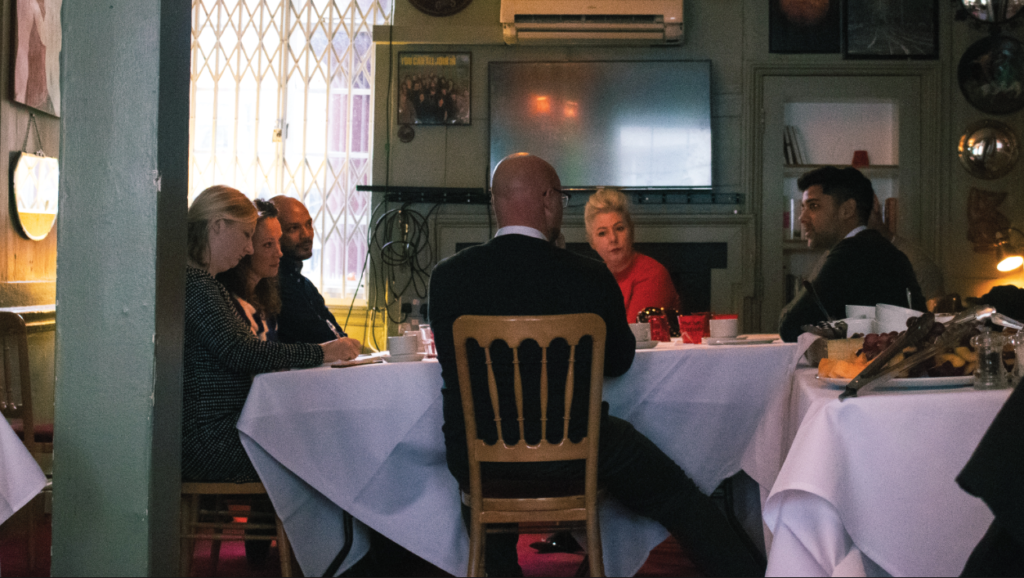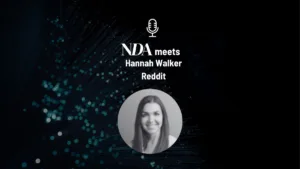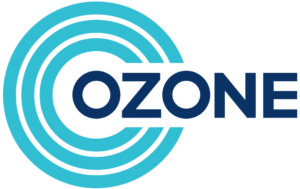Will 2020 bring a renewed belief in premium advertising, particularly online? At a roundtable hosted by NDA, our collected experts hope and expect advertisers and agencies to increasingly look beyond the dominant duopoly — for the good of all.
Milton Elias, Head of Platforms and Innovation at News UK; Mary Keane-Dawson, NED and management consultant; Theo Theodorou, Sales Director, Microsoft Advertising; Amit Kotecha, Permutive Marketing Director and Emily Brewer, UK Head of Publishing at Teads joined Bluestripe Media MD Andy Oakes to discuss the year just gone and what’s ahead.
In part one of our roundtable report our experts discuss why they want a fairer online world where publishers are able to offer a true alternative to the dominant Facebook, Google and, lately, Amazon.
The power of premium media
All, despite the introduction of more stringent legislation such as the EU’s GDPR and cookie-blocking changes initiated by the browsers, believe that 2019 saw a shift in advertiser attitudes. Increasingly, they are looking beyond the commoditised buy to consider the opportunities that premium digital media offers.
Brewer is hopeful that the benefits that premium media offers advertisers, such as brand-safe, contextual environments, will help publishers to thrive, particularly at a time when there has been a “noticeable shift in trust of the social platforms”.
“Our DNA is about supporting real media and true journeys and ensuring those publishers don’t disappear. It is only now that advertisers and agencies are realising that those other platforms aren’t as trusted as believed,” she added.
Consumer trust
Theodorou concurred, adding that the shift was also down to changing consumer perspectives: more are aware of how their data is used and more wary of the content they consume – and where it came from, keener to sort the real from the fake.
It is why Elias and his fellow publishers are switching to more agile strategies that put the relationship with their readers at the heart of the equation; it is this relationship by proxy that will increasingly attract advertisers to partner with them.
This relationship, and by extension its ability to generate valuable first-party data is something that Permutive’s Kotecha believes will see such publishers in good stead as the use of third party cookies declines.
However, even those who successfully diversify their revenue streams are still at a disadvantage in an ecosystem dominated by the big three. The industry must still do more to support and protect publishers.
It’s why Keane-Dawson urged the trade bodies to “get their acts together” and be “much more vocal” and take much better care of their members, though Kotecha noted how the IAB is in a “really tricky situation” in that it was “also funded by some of the biggest companies in the world which leads to conflicts of interest”.
“The IAB’s mission used to be to advocate, inspire and evangelise — it needs to rethink about innovation again,” he urged.
For Keane-Dawson, the ideal would be to see the triumvirate of Facebook, Google and Amazon broken up. “It is really, really unfair and damages democracy and culture,” she said. “There is too much power concentrated in the hands of too few people.”
A pipe dream, perhaps? But all agreed that their own futures laid in respecting the consumer.
As Theodorous concluded: “We’re seeing that shift to seeking out truth, proposition and purpose. The businesses that live that in our industry will win in the long term.”









